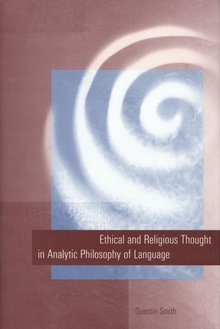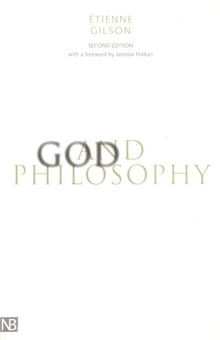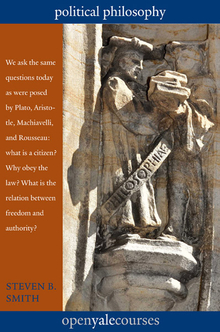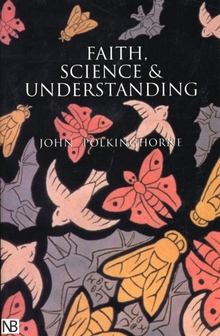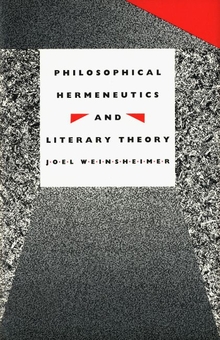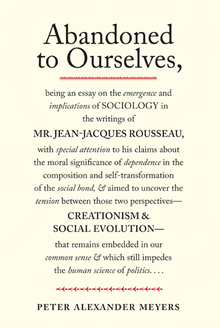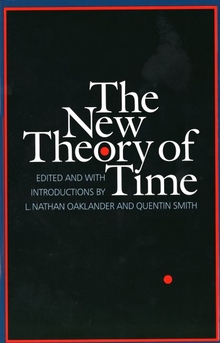Ethical and Religious Thought in Analytic Philosophy of Language
WARNING
You are viewing an older version of the Yalebooks website. Please visit out new website with more updated information and a better user experience: https://www.yalebooks.com
Quentin Smith
The author develops a positive ethical theory based on a method of ethics first formulated by Robert Adams. Smith’s theory belongs to the tradition of perfectionism or self-realization ethics and builds on Thomas Hurka’s recent theory of perfectionism. In his consideration of philosophy of religion, Smith concludes that there is a sound "logical argument from evil" that takes into account Alvin Plantinga’s free-will defense and undermines monotheism, paving the way to a naturalistic pantheism.
"Smith's book is original not only in intent but frequently in the detailed argument involved in evaluating the merits of the philosophies of language and their implications for ethics and philosophy of religion."—John F. Post, Vanderbilt University
"Smith's beautiful and well-documented book does justice to the extension and depth of analytic philosophy by showing that theories of the ethical or religious meaning of human life follow directly from the methods of linguistic analysis used by many analytic philosophers."—Robert Dell'Oro, Theological Studies
"Positively refreshing."—Michael Levine, Australian Journal of Philosophy
"This is a tightly and well-written book which offers detailed discussion, deals lucidly with its material and engages the reader. . . . Fascinating and engaging. It was refreshing to read a well written book, which leads the reader clearly through the argument presented."—Erich von Dietze, Philosophy in Review
Publication Date: April 20, 1998

